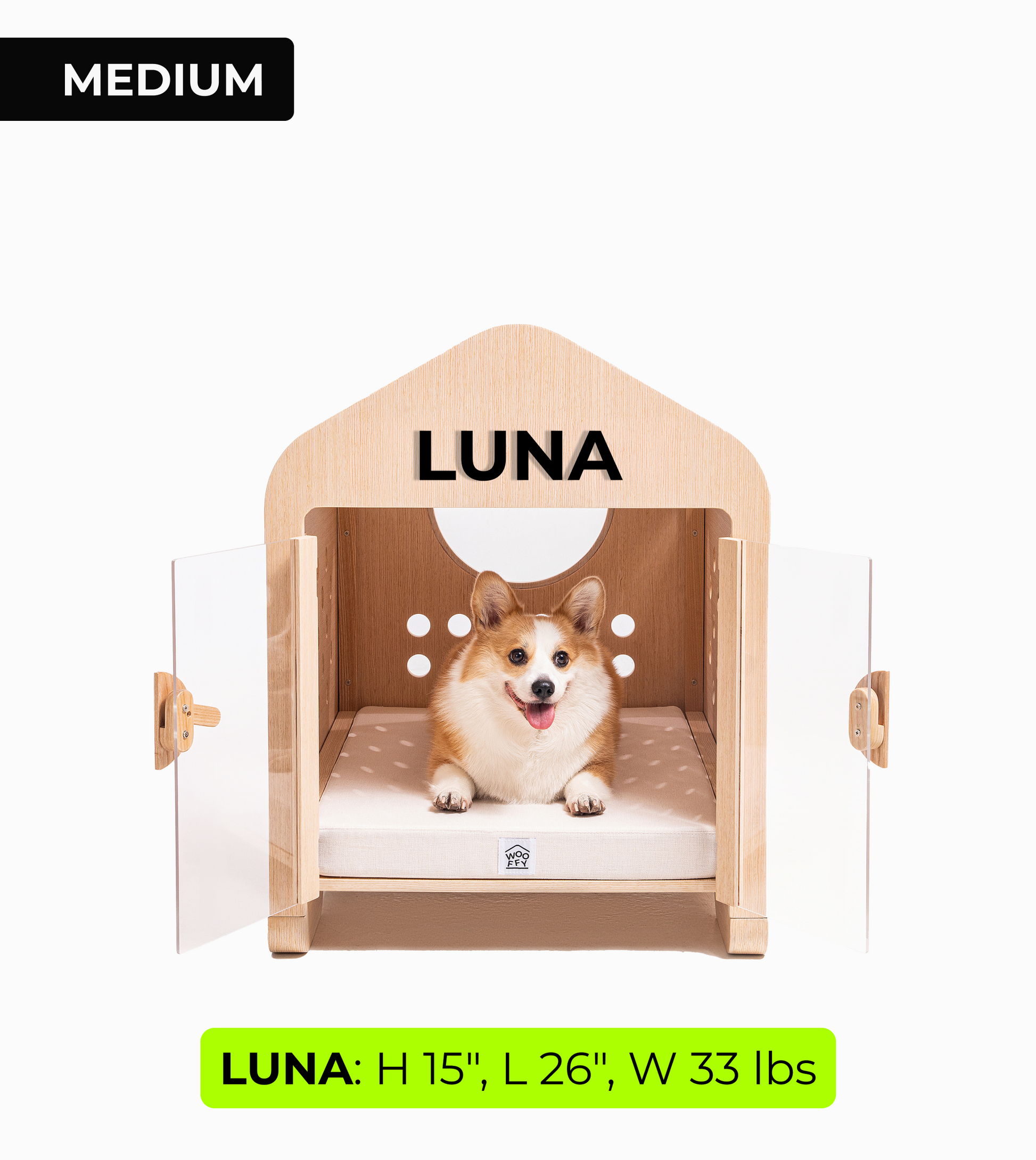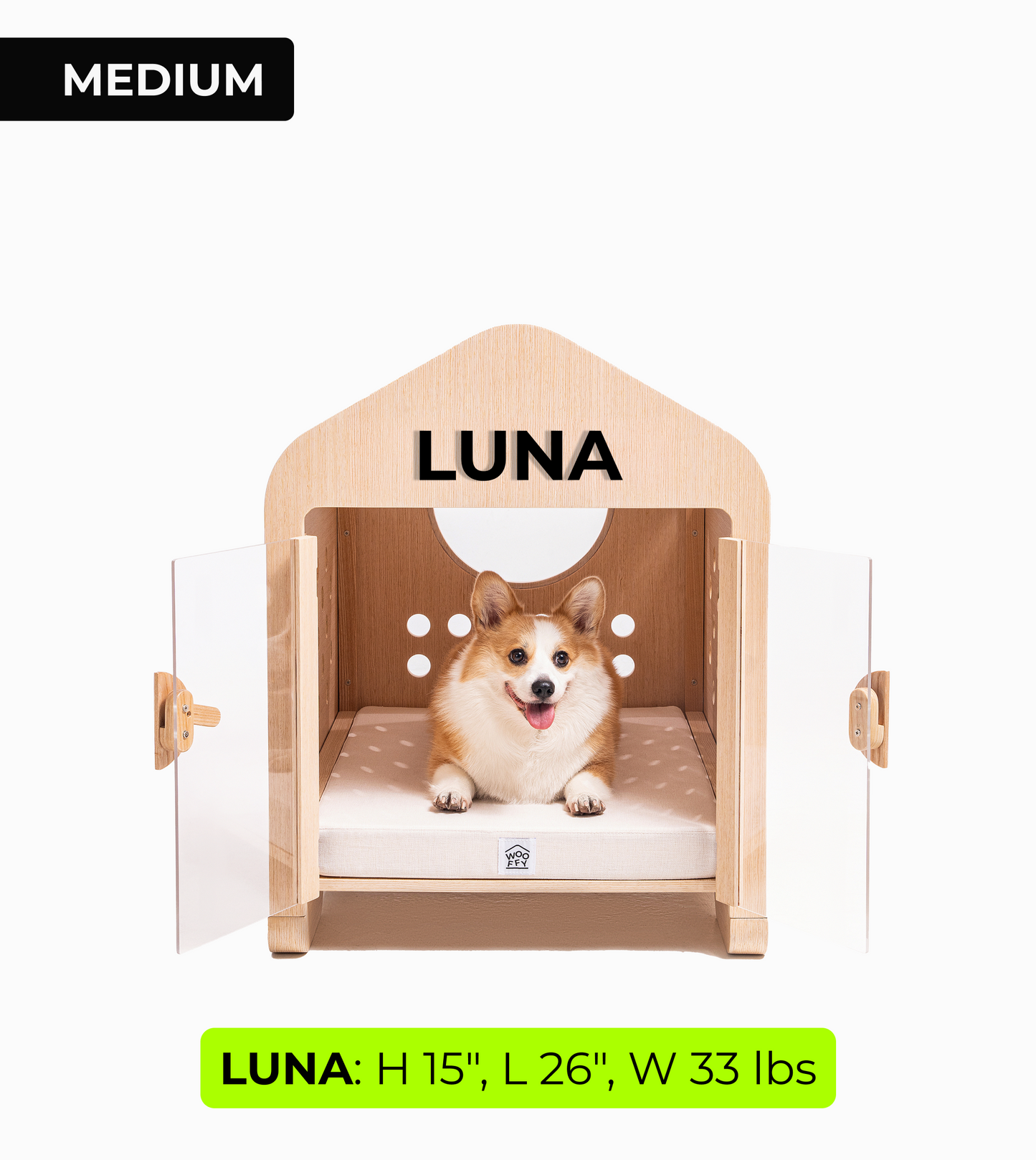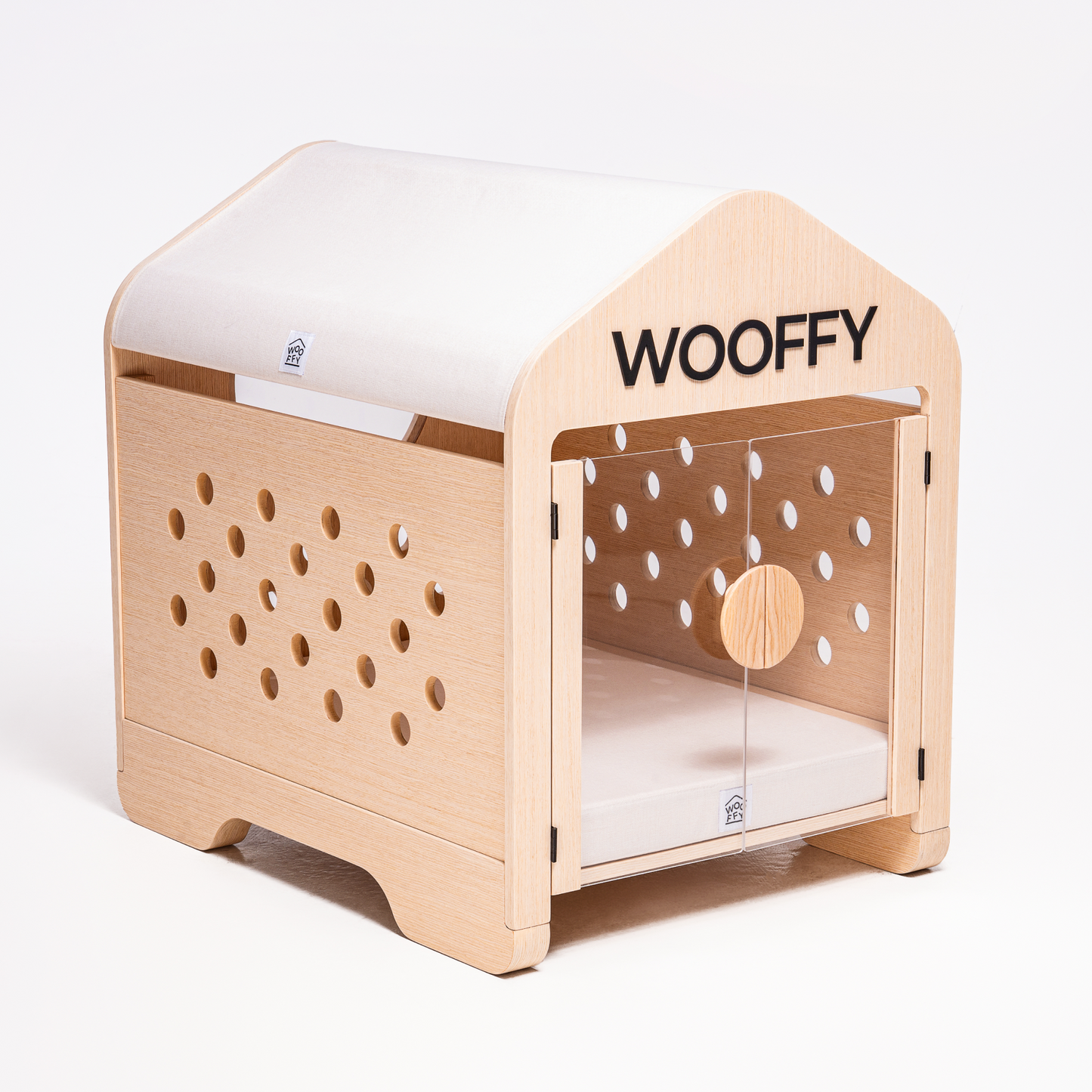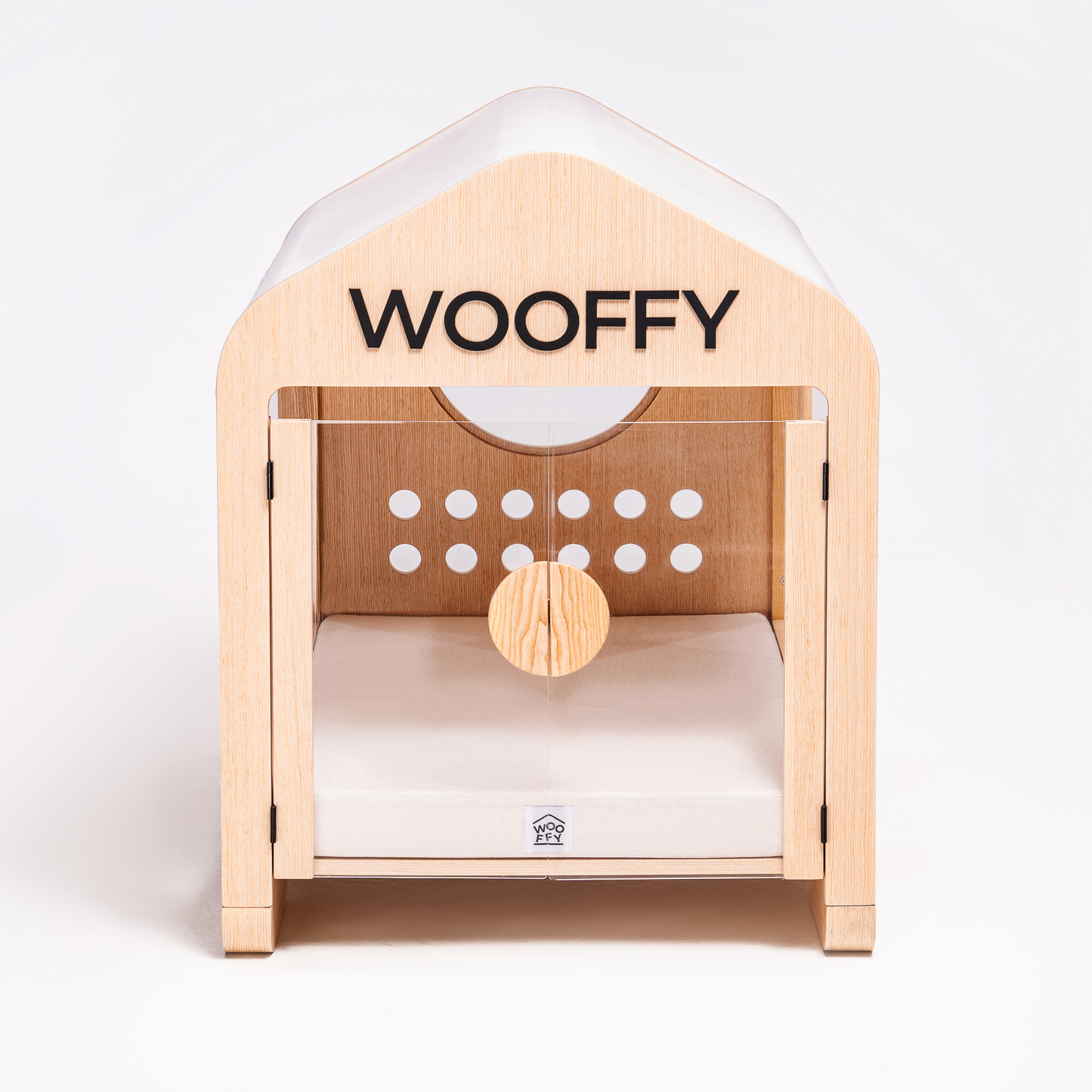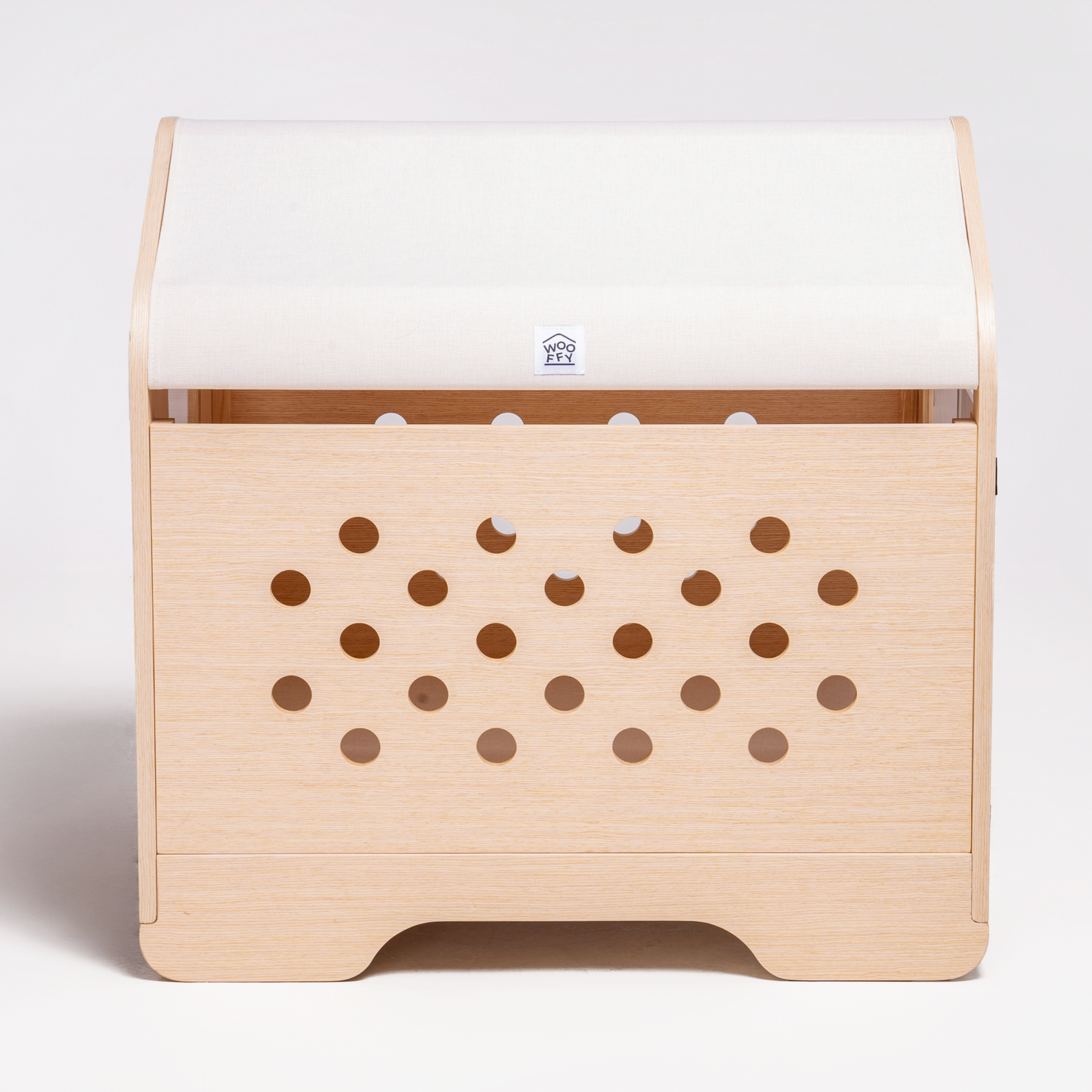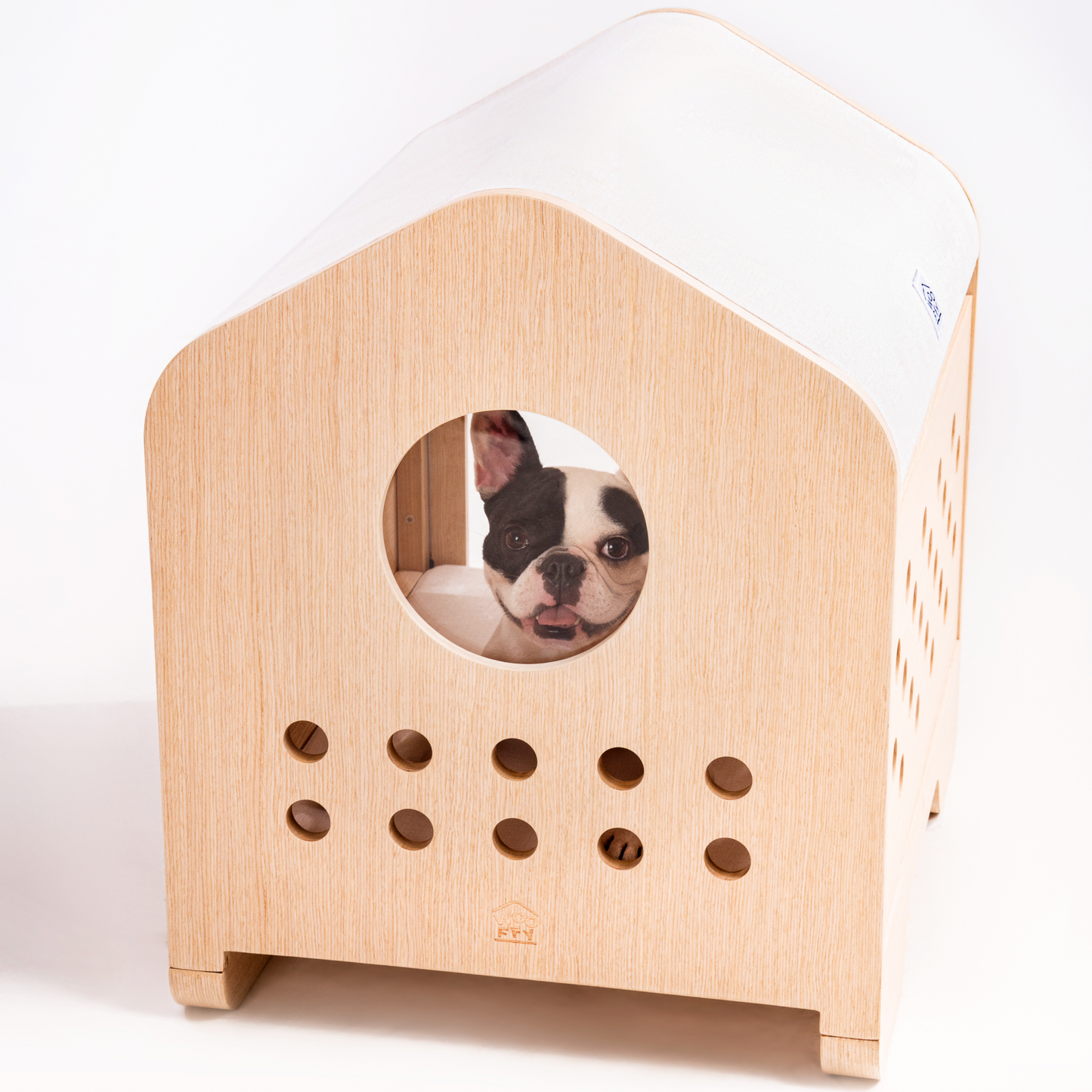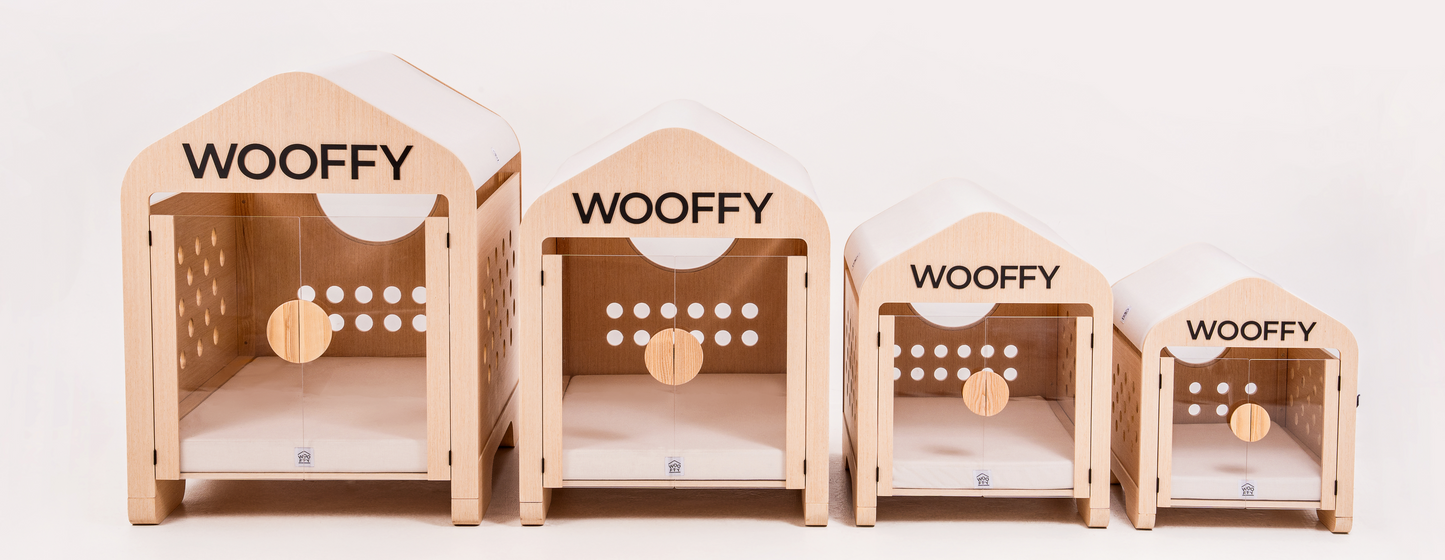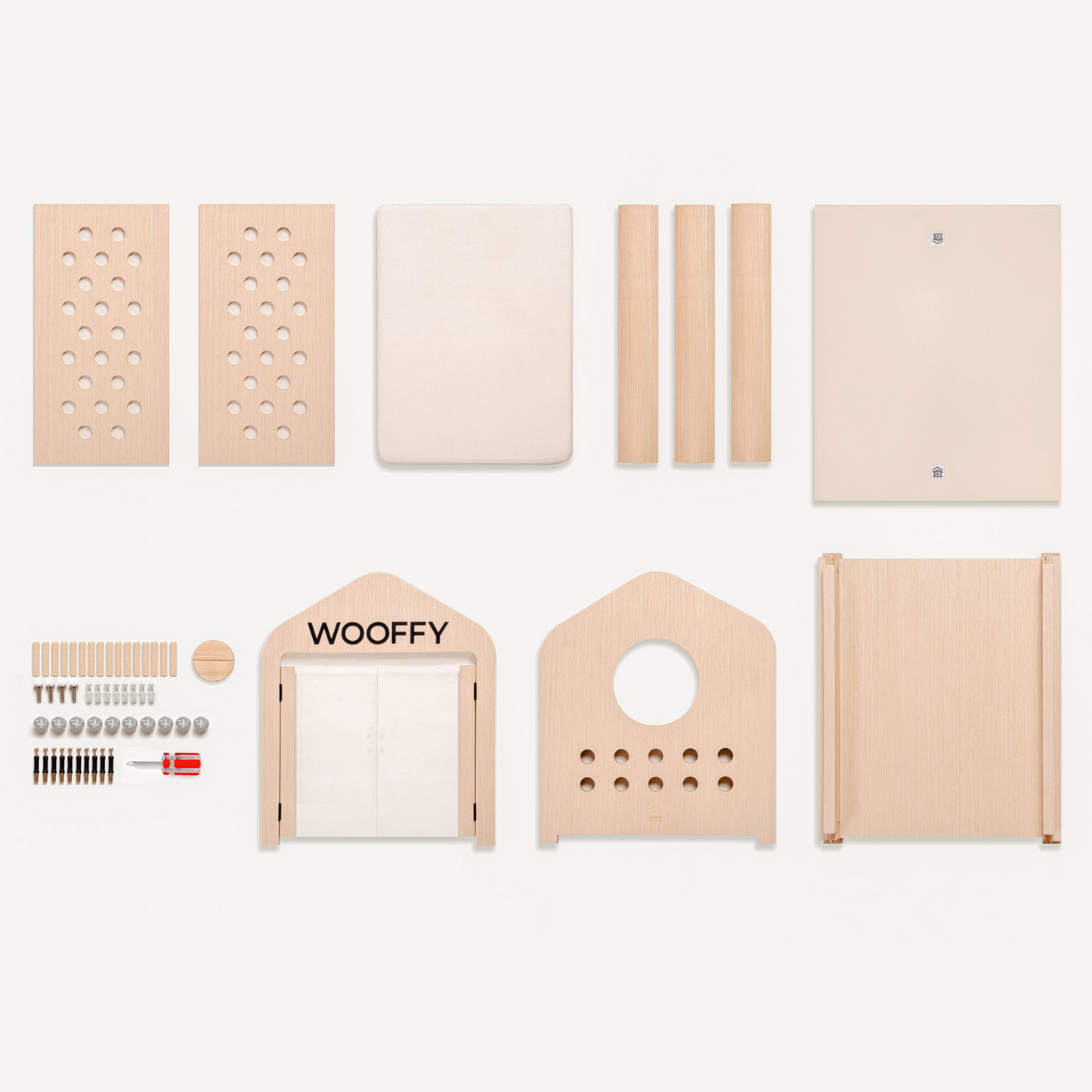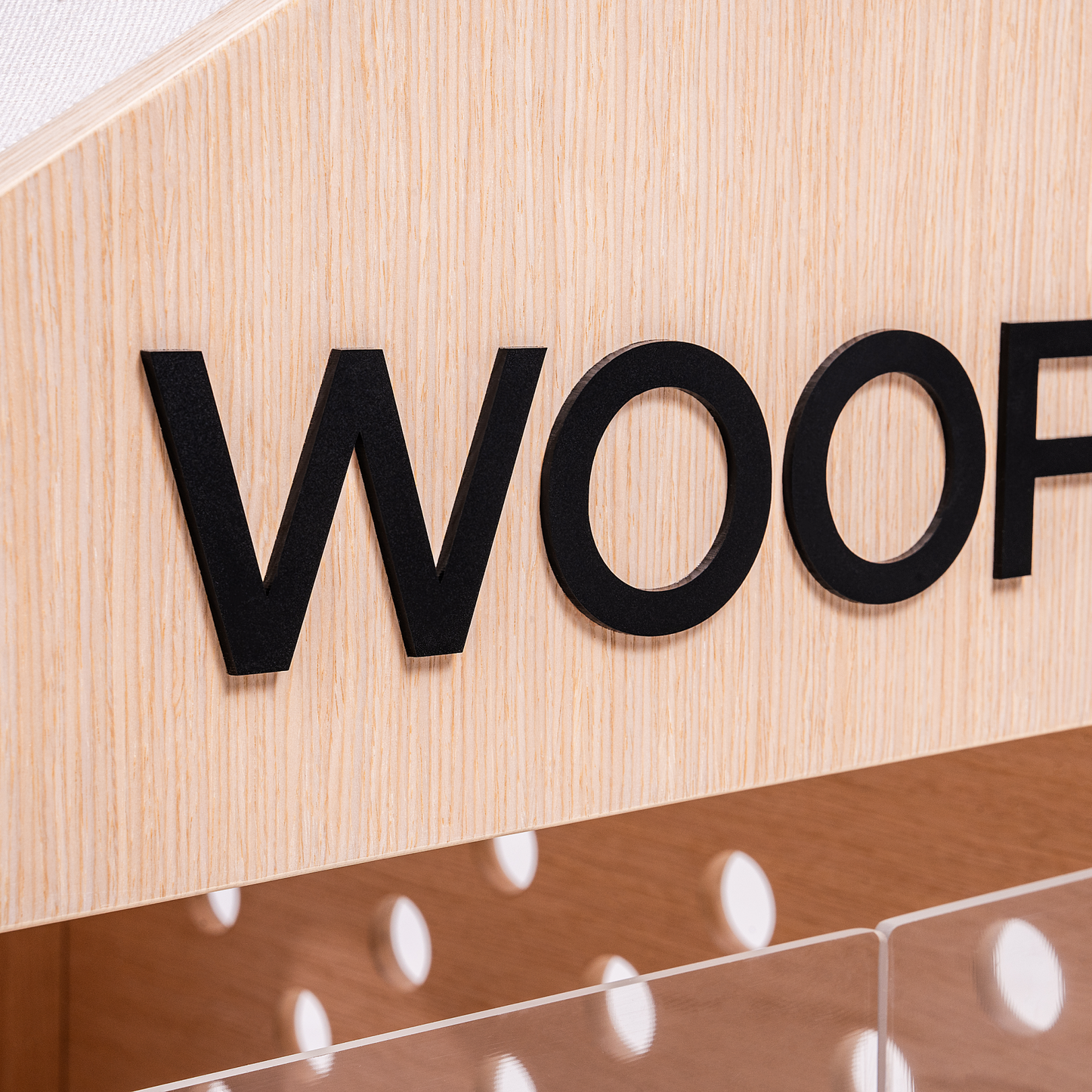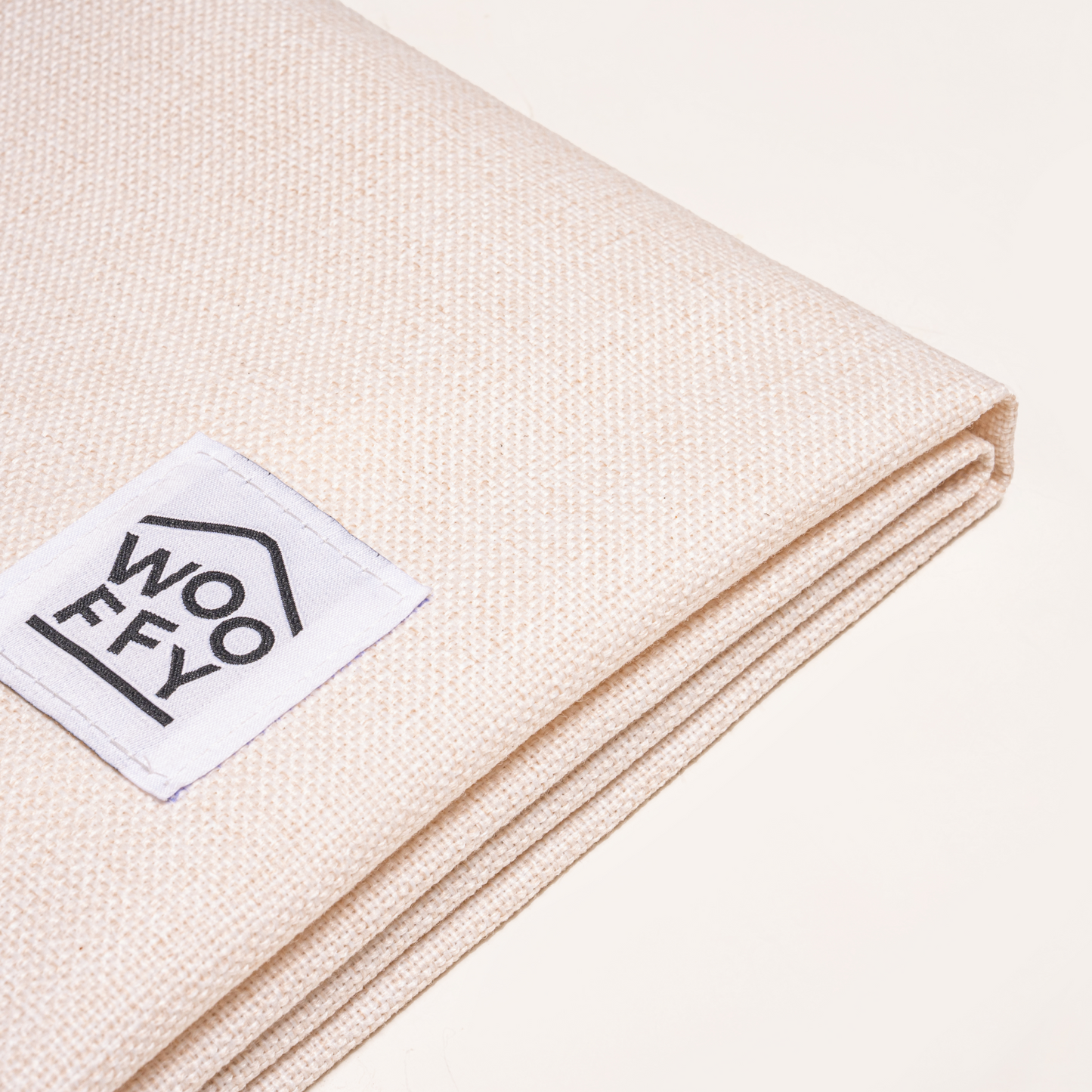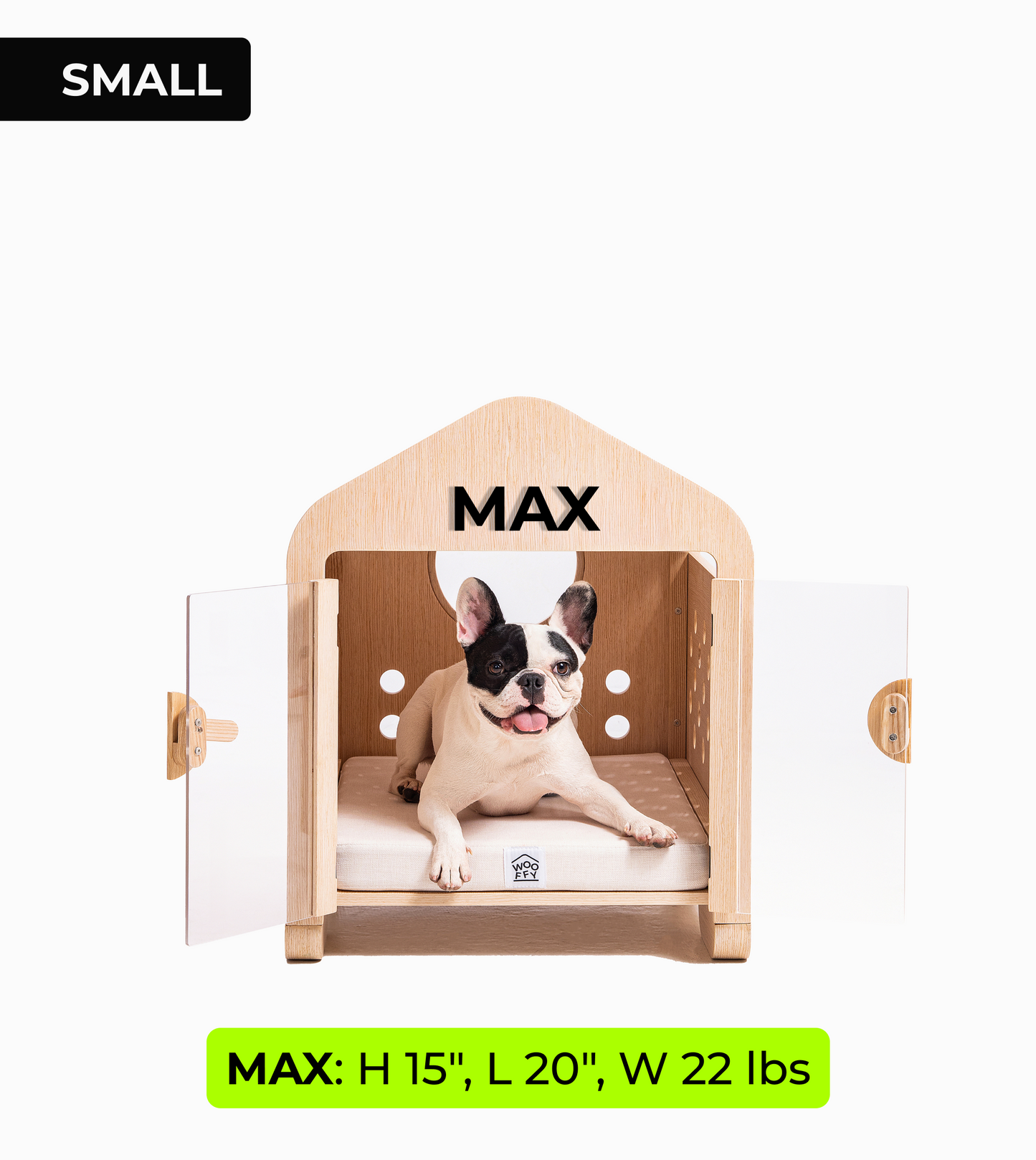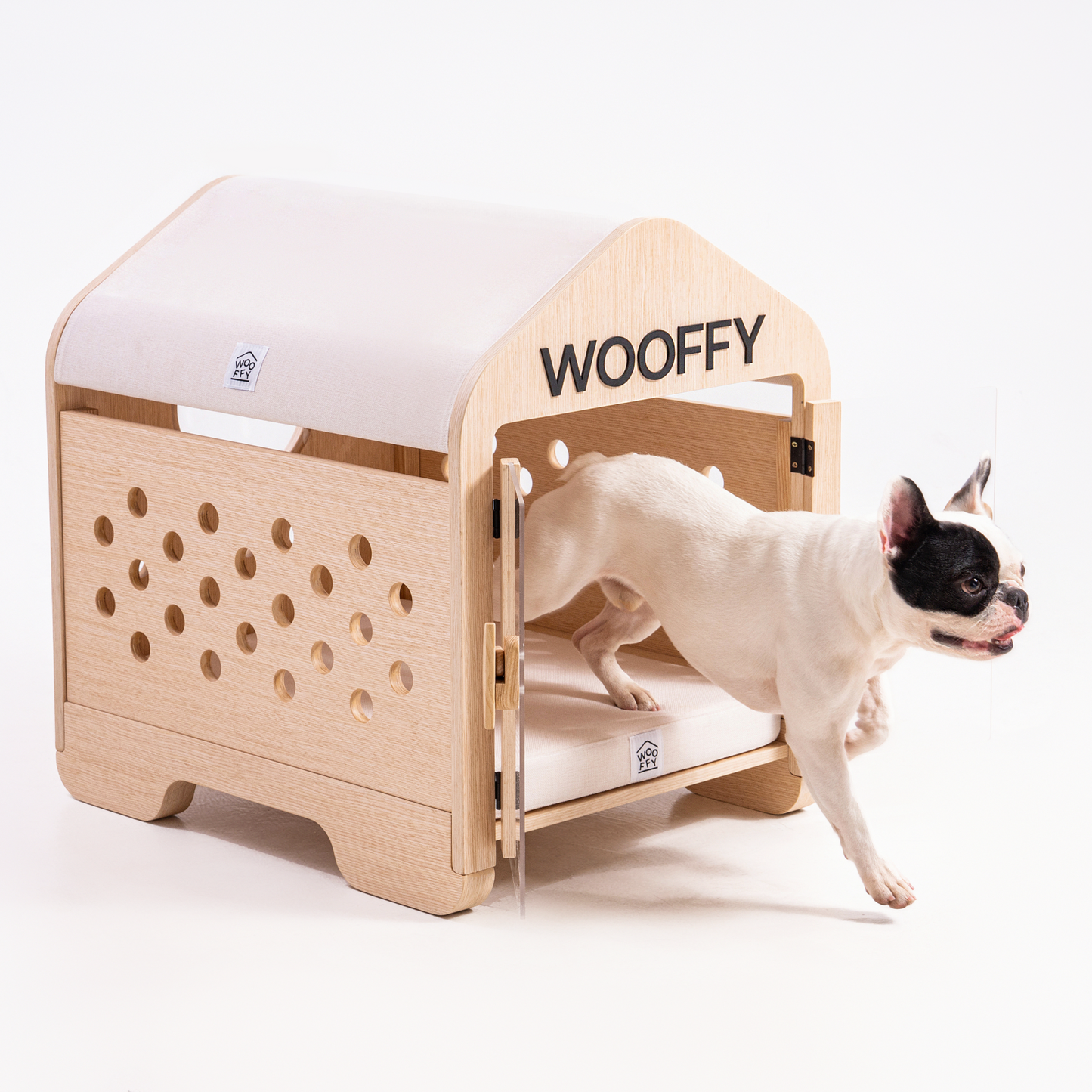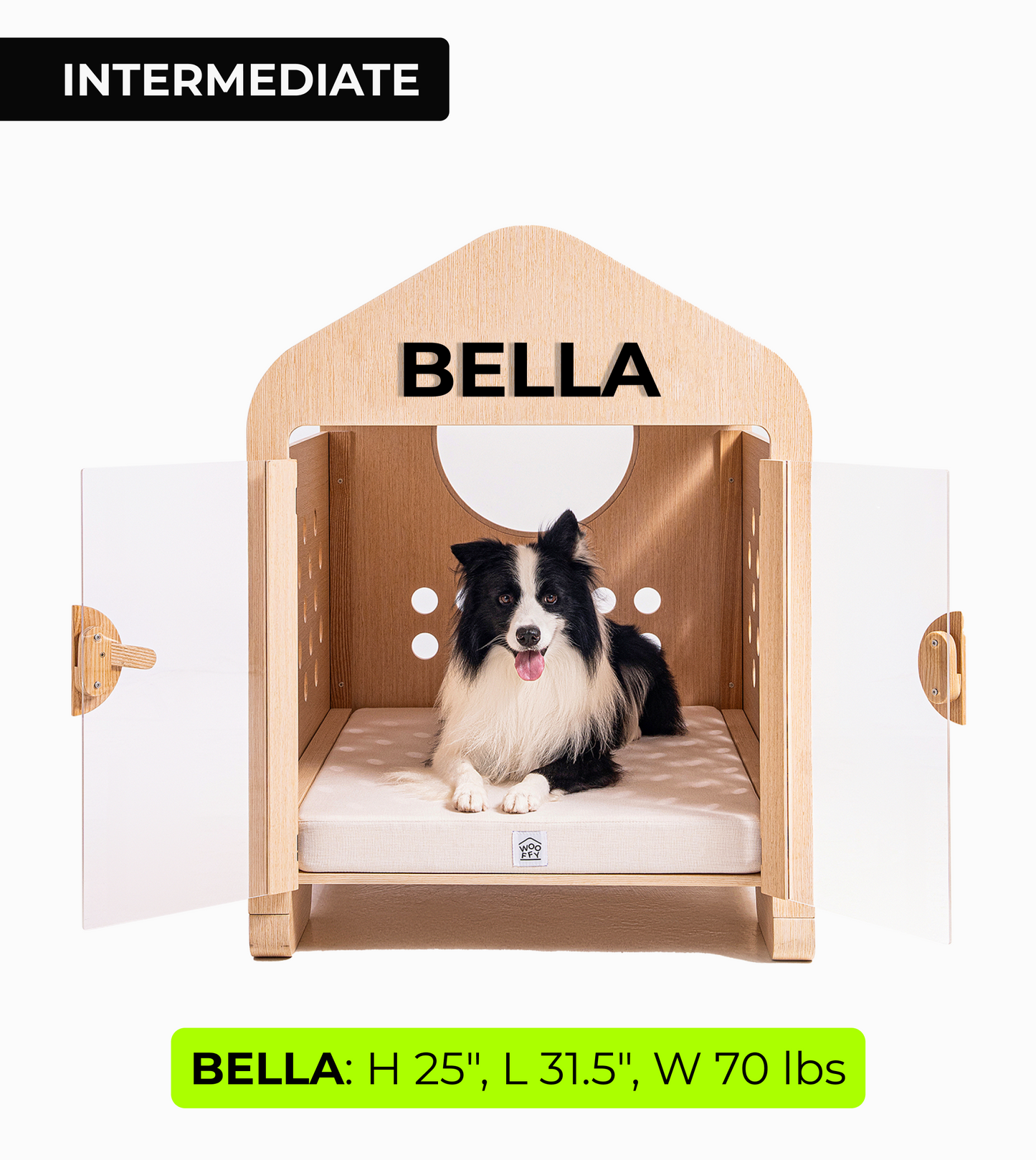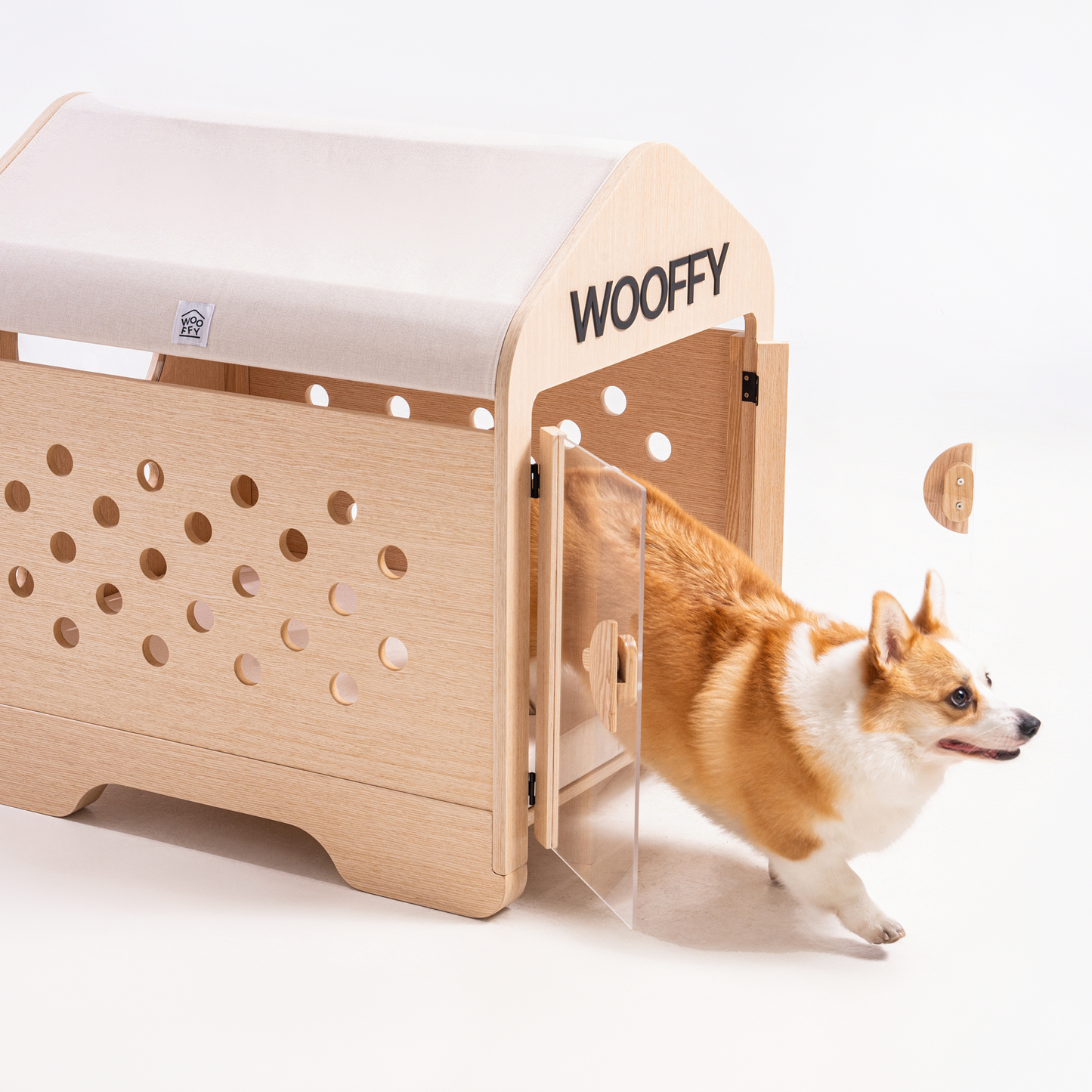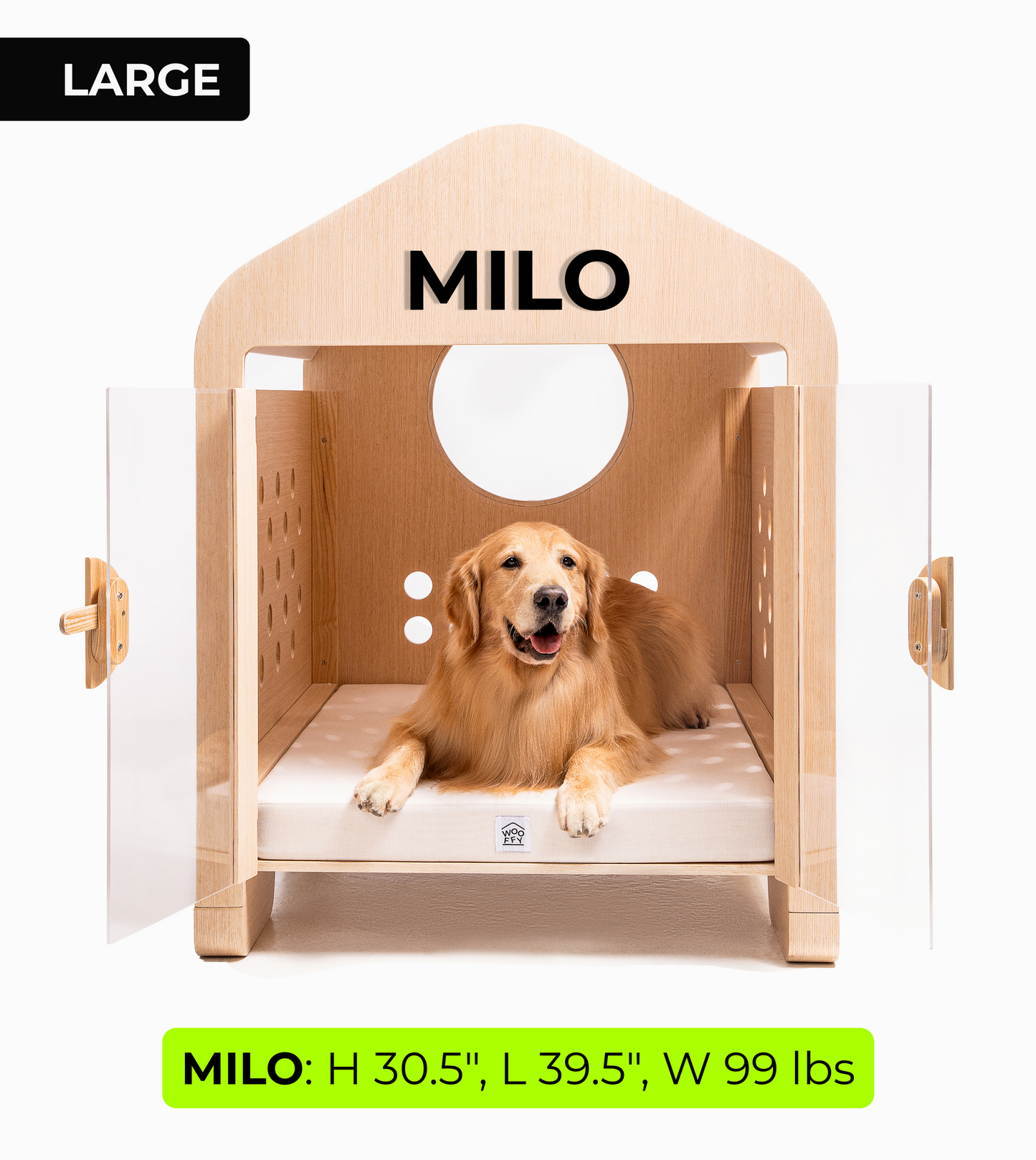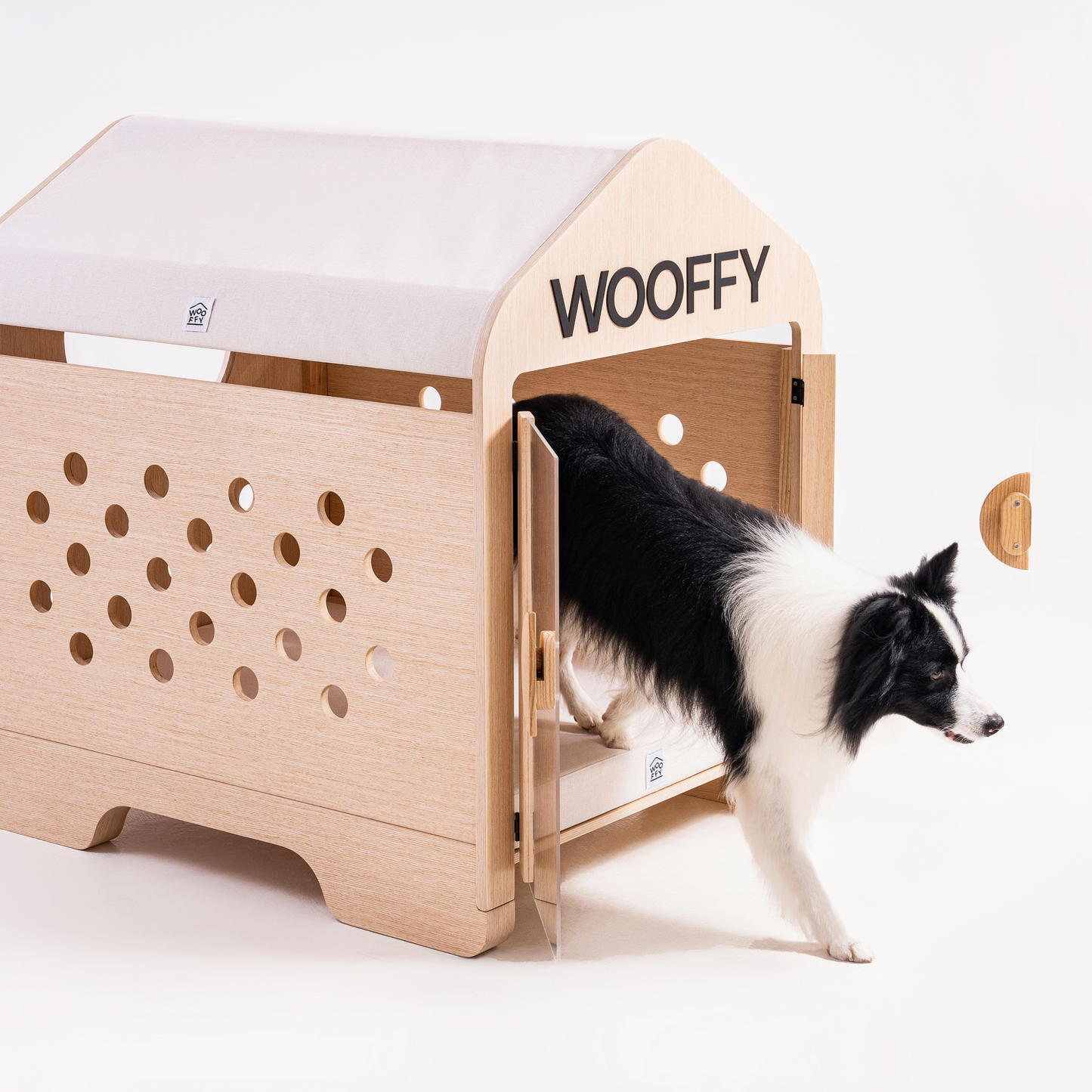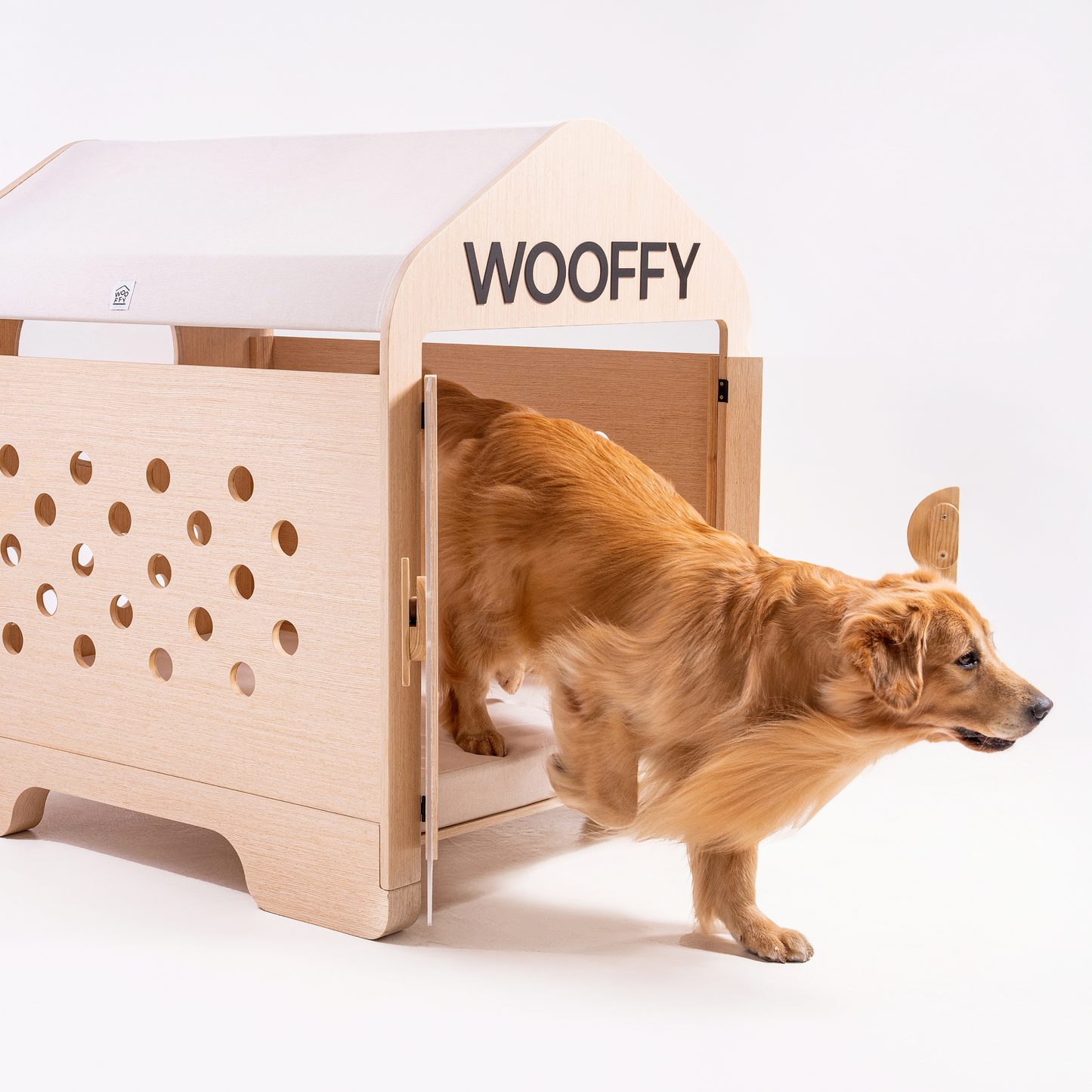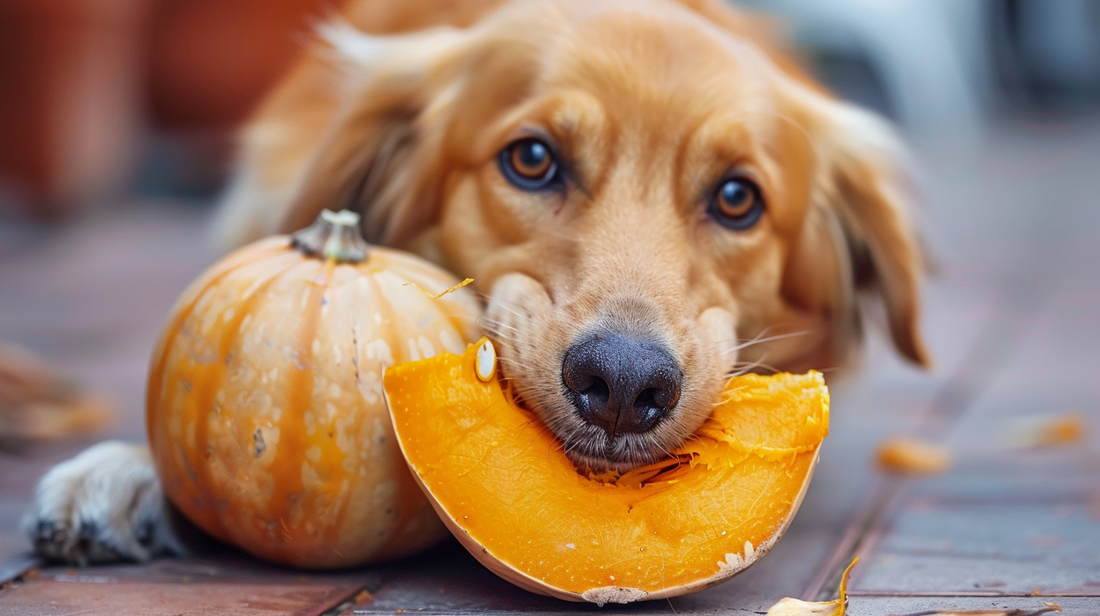
Can Dogs Eat Butternut Squash? A Nutritious Addition to Your Dog's Diet
Share
Butternut squash is not just a tasty and nutritious vegetable for humans; it's also a great addition to your dog's diet. Rich in vitamins, minerals, and dietary fiber, butternut squash can offer several health benefits for dogs. This blog post will delve into the benefits of incorporating butternut squash into your dog's meals, how to safely prepare it, and answer related questions to give you a comprehensive understanding of this versatile vegetable's role in canine nutrition.
Health Benefits of Butternut Squash for Dogs
Butternut squash is low in calories but high in essential nutrients, making it an excellent choice for dogs. Some of the key benefits include:
- High in Vitamins A, C, and E: These vitamins support eye health, immune function, and skin health, respectively.
- Rich in Dietary Fiber: Helps in regulating digestion and can be beneficial for dogs with constipation.
- Contains Potassium: Important for maintaining healthy nerve function, muscle health, and enzyme function.
How to Safely Prepare Butternut Squash for Your Dog
To ensure your dog enjoys the benefits of butternut squash without any risks, follow these preparation tips:
- Peel and Remove Seeds: The skin and seeds can be tough for dogs to digest, so it's best to remove them.
- Cook Before Serving: Raw butternut squash can be hard for dogs to digest, so cooking it until it's soft is recommended.
- Avoid Adding Spices or Seasonings: Dogs' stomachs can be sensitive to spices and seasonings, so it's best to serve the squash plain.
Related Questions and Answers
- A: It's not recommended. Cooking the squash makes it easier for dogs to digest and reduces the risk of gastrointestinal upset.
- A: Moderation is key. Start with small amounts as a treat or mixed into their regular food, and consult with your vet for specific recommendations based on your dog's size and dietary needs.
- A: Dogs with certain health conditions, like kidney issues, may need to avoid high-potassium foods. Always check with your vet first.
- A: Yes, its high fiber content can help regulate digestion and alleviate constipation. However, too much can cause diarrhea, so balance is important.
Q: Is butternut squash good for overweight dogs?
- A: Yes, its low calorie and high fiber content make it an excellent treat for dogs on a weight management plan.
Conclusion
Incorporating butternut squash into your dog's diet can offer a range of health benefits, from improved digestion to vital nutrient intake. Remember to prepare it safely and feed it in moderation to avoid any potential issues. As always, consult with your veterinarian before making any significant changes to your dog's diet.
For more tips on dog nutrition and healthy treats, visit https://thewooffy.com/blogs/dog-nutrition

